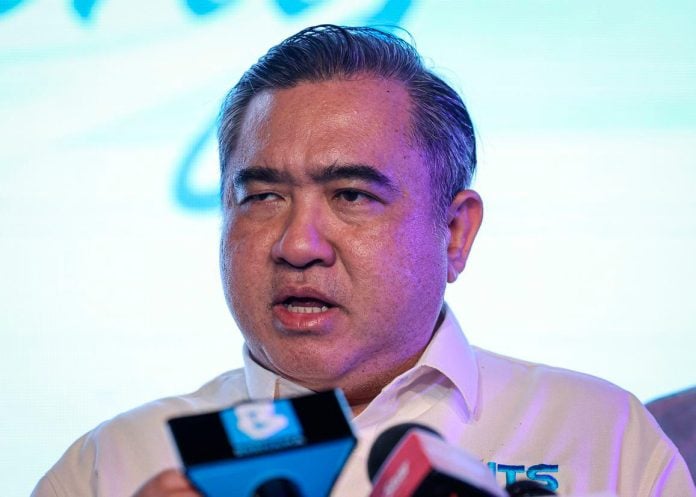Malaysia revamps Kejara system with stricter fines, MyJPJ integration, and blacklisting from Jan 2026.
PETALING JAYA: Malaysia’s long-delayed Kejara demerit system is finally set for a major overhaul, with Transport Minister Anthony Loke confirming the revamped system will be completed by the first half of next year.
Enforcement components are scheduled to roll out in the second half of 2026, marking the most significant reform of the country’s traffic penalty structure in decades.
In an exclusive interview with theSun, Loke said the current Kejara system has failed to achieve its objectives because it is too lenient and structurally flawed — particularly in how demerit points were only applied after offenders settled their summonses.
“Previously, if people didn’t pay their summons, the demerit points were never recorded. That defeats the purpose. You actually end up discouraging people from paying,” he said.
“At the end of the day, bad drivers were still roaming free without being penalised.”
To enforce compliance, the revamped Kejara will be fully integrated with the MySikap platform and directly linked to licence and road tax renewals.
“People who fail to pay after a certain period will be blacklisted. They won’t be able to renew their licence or road tax. Only then will the demerit system take effect,” Loke said.
The Kejara points system will also be integrated into the MyJPJ app, allowing motorists to check their demerit balance and receive warnings when they are at risk of suspension.
One of the biggest breakthroughs, Loke revealed, is the government’s success in securing the Royal Malaysia Police’s (PDRM) agreement to standardise traffic compound rates — a first in Malaysian enforcement history.
“Never before have we had an integrated compound system. PDRM used to have their own rates and their own discounts,” he said.
- Effective 1 January 2026:
- Traffic summons rates will be uniform across agencies
- No more periodic discount campaigns
- Early payment will be rewarded; late payment will incur the full amount
“This reform has been long overdue. Without consistency, enforcement becomes ineffective,” Loke said.
He confirmed a strict timeline has been imposed on the ministry and Road Transport Department (JPJ) to accelerate system upgrades, vendor appointments, and backend integration.
“These are crucial issues. We cannot take too long. The internal processes are being sped up so that the revamped Kejara system is completed by the first half of next year and rolled out gradually after,” he said.
Addressing criticism of the recent 50% summons discount, Loke stressed it was a practical measure to clear years of outstanding compounds before the new enforcement regime begins.
“This is an amnesty period. We are not encouraging rule-breaking. I’ve already warned: come January — if there are still outstanding summonses, you will be blacklisted,” he said.
“In Malaysia, we need a carrot-and-stick approach. The lower rate is the carrot to clear old summonses. Then, come January, there are no more excuses. Critics can comment. But at the end of the day, the minister has to manage the public, not the critics.”
In July, JPJ director-general Datuk Aedy Fadly Ramli confirmed the Kejara overhaul was in its final review stage, involving complex legal considerations and regulatory amendments.
Introduced under the Road Transport Act 1987, the current Kejara system has been widely criticised as ineffective — an assessment Loke agrees with.
With the government now moving to unify summons enforcement, automate blacklisting, and modernise driver data management, Loke believes the restructured Kejara will finally deter serial offenders and take dangerous drivers off the road.
“We are rebuilding it from the ground up. By next year, Malaysians will see a very different enforcement landscape,” he said.








